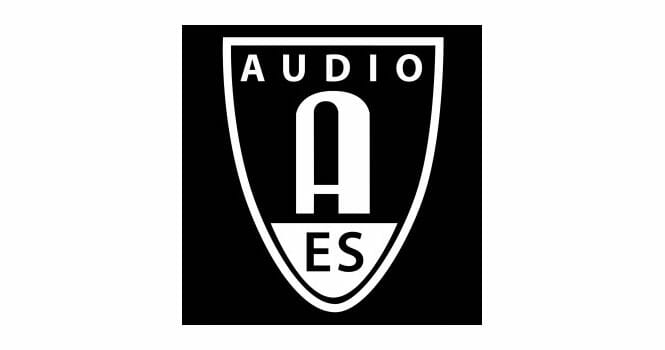I am spending the long winter evenings in reading. It is not, however, the couple of bestsellers I received for Christmas that are keeping me enthralled, but the latest papers from the 137th AES convention in Los Angeles.
For the many of you who have no idea what I am talking about, AES is the acronym for the Audio Engineering Society. This body is made up of scientists and professionals and anyone with an interest in audio. I have only recently joined, as it is by subscription, but have known of them for sometime. I originally heard of the AES through their establishing of standards. AES/EBU is a phrase we often come across but few know what it stands for. As you now know AES is the Audio Engineering Society but EBU is the European Broadcasting Union. These societies help establish the standards we use every day in everything from connectors to digital protocols. It’s not exciting but it is necessary.
Every year they also publish a vast collection of technical papers on a bewildering array of subjects. At last years conference papers were given on subjects such as “Design, Coding and Processing of Metadata for Object-Based Interactive Audio” and “Impulse Response Upmixing Using Particle Systems”. If these sound a little technical, well yes they are, but there are also more accessible papers.
Scientific papers usually have an ‘abstract’ which gives you a brief run down on what the paper is about. From this years output “Listener Preferences for Analog and Digital Summing Based on Music Genre” has started a few discussions amongst my colleagues. The team – from Belmont University in Nashville – did a preference test on that old favourite: analog versus digital summing. As I gather from the paper, opinions are split, but generally it seems that if you like rock music, analog is the way to go; if you are into classical, then digital summing and if it’s country or pop, well, you don’t seem to mind!
This is of course a gross simplification and you should join up and read it for yourself. These papers are all properly researched scientific papers, referenced to scientific testing and very different from some of the internet discussions and debates we are used to. So if you fancy a read get on to AES and have a look. Join if you can, it’s cheap for students.
Happy reading!
